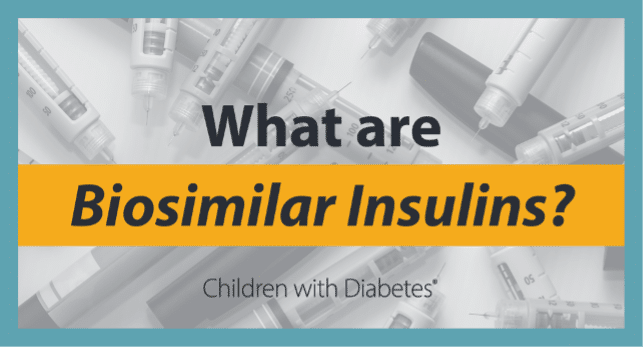There’s a revolution a’comin’ in the American insulin market – to the point we need a man on a horse to ride about shouting that “The Biosimilars are Comin’!”. Well, OK, perhaps not quite that inventive but the idea still stands. There’s a radical change about to happen in that market. And it’s not just going to be insulin either. There’s been a change in one technical piece of market regulation and that’s going to upset an awful lot of business plans.

Now, we can applaud this all as consumers, be political about it in that it’s about time the bureaucrats got this right. But here, as investors, we’ve got to understand what is happening.
The basic point goes back to Warren Buffett and his definition of a business he likes investing in. Something with a moat around its profits. Something that stops competition from being able to eat into sales and market share – thus protecting the prices that can be charged and so profits. It doesn’t really matter what it is either. See’s Candy is an example he uses – sure, anyone can make boiled sweets. But national distribution plus a brand name? That works. It can also be a legal tangle – Geico car insurance is good enough as a business but the regulation of insurance state by state makes it difficult for a national competitor to arise.
But OK – a moat.
In the drugs business – pharma to distinguish the legal part perhaps – it’s patents. It takes perhaps a $billion, maybe two, to get a drug through testing to approval. If anyone could then make it there would be no one willing to spend on the research. So, a patent, the exclusive right to sell for 20 years. Most of the first 10 years is taken up with the research so a new drug has a decade to make it’s money back. After that, anyone can copy it, then comes the generics from the likes of Dr Reddy and so on.
OK, so most of us know that too – patents are the moat for as long as they last.
But insulin is different. It’s been around for a century. Well out of patent then. But Novo Nordisk (NYSE: NVO), Eli Lilly (NYSE: LLY) and Sanofi (EPA: SAN) have about 90% of the US market. They’re also charging patented-like prices for it and making the profits associated with that. This is what is giving us those campaigns to make $35 insulin and so on (California has even set up its own plant). Well, but, how? Partly, well, how can they do this! And partly, well, if they can then how do we invest in other folk who can do the same?
The actual answer is that we can’t – not any more. And the why of that is important.

The detail is that the FDA (US Food and Drug Administration) has been regulating biosimilars as if they’re new drugs. OK, this doesn’t make much sense without more detail. Stripped of unnecessary detail what this means is that some drugs, sure, it’s possible to make copies and they’re not covered by patents. Insulin is the obvious example of this. For it’s not really a “drug” it’s a part of the human body after all. But there are variations on it. OK. But the FDA has been insisting that if you copy one of these forms of insulin – owned by Lilly, Sanofi or Nordisk – then you’ve got to go through the whole testing process. That $billion and more. To prove that your new insulin does in fact work.#
But a copy, well, no, perhaps that isn’t right. Perhaps all you should need to do is show that it is an accurate copy? Then, like generic drugs, you can rely on the initial testing for safety, efficacy and so on? Well, the FDA used to say no, test again. Now the FDA says no, just show it’s a good copy.
One excellent test of this is that CVS has just announced it will have its own company making biosimilars. Or rather, working with people to make biosimilars/ The first product will be aimed at Humira. For those who don’t know CVS is both a pharmacy chain and also a manager of drugs and health care costs for many corporate health plans.
The essential point here is that the change in FDA regulations over biosimilars is like – like only – suddenly allowing generics into those formerly protected moats surrounded by patents. Market competition is going to do to those capitalist profits what Warren Buffett always advises us against investing in. That might be advice we want to think about.
As a societal matter this is obviously good and righteous. But societal matters don;t make profits for investors. What is going to happen here is that those who’ve grown fat off protection of their profits by the FDA rules on biosimilars are about to see others eating their lunch. That’s the thing we as investors need to realise.
There is latency in this market, of course there is. But the US insulin market just stopped being a gushing fountain of profits – and so did other areas like Humira. Adjust investing positions accordingly. It’s not going to happen overnight, we’re not talking about shorting opportunities here. But change is a comin’. At which point maybe we do need a Patrick Henry?